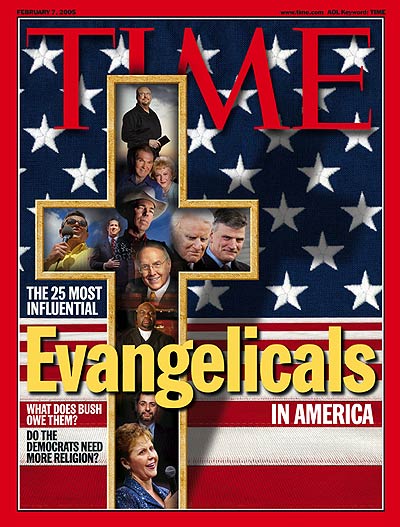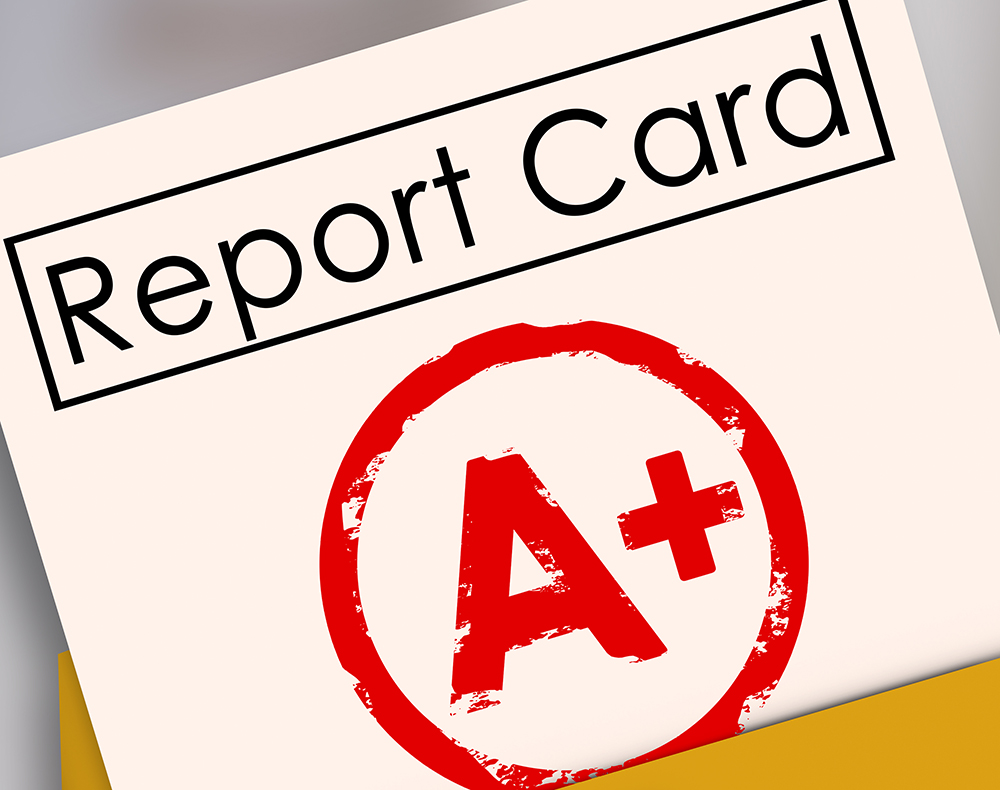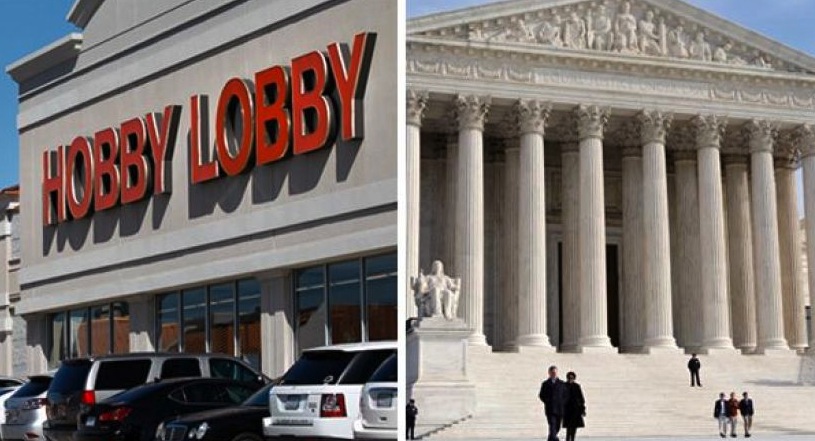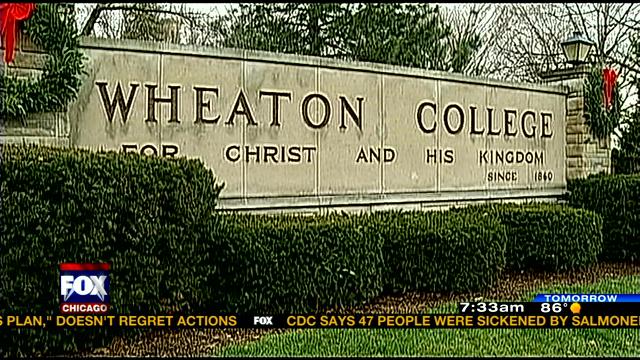Last updated on: August 29, 2014 at 1:31 pm
By
tmatt
While the post-Hobby Lobby meltdown continues on the cultural and journalistic left — this New Yorker piece is beyond parody — it’s important to remember that, from a church-state separation point of view, the most serious issues linked to the Health & Human Services mandate have not been settled.
Here at GetReligion, we have been urging reporters and editors to look at this as a story that is unfolding on three levels.
(1) First, there are churches, synagogues, mosques and other religious institutions that are directly linked to “freedom of worship” and, thus, in the eyes of the White House, should be granted a full exemption by the state. The problem is that the U.S. Supreme Court has never been anxious to define what is and what is not “worship,” since that is a doctrinal matter.
(2) Religious ministries, non-profits and schools that — functioning as voluntary associations — believe that their work in the public square should continue to be defined by specific doctrines and traditions. The leaders of these groups, for religious reasons, also believe that these doctrines and traditions should either be affirmed by their employees or that, at the very least, that their employees should not expect the organization’s aid in opposing them. In other words, these ministries do not want to fund acts that they consider sinful or cooperate in their employees (or others in the voluntary community, such as students) being part of such activities. More on this shortly.
(3) For-profit, closely held corporations such as Hobby Lobby which are owned by believers who do not want to be required to violate their own beliefs.
There are no conflicts, at this point, about group one. A major case linked to group three has just been addressed by the high court. But did the so-called Hobby Lobby decision also settle the cases in that second category? That’s the question that many newsrooms managers need to be asking because, as I argued the other day, in journalism “all news is local.”
So, journalists in Chicago, I am looking at you. This Associated Press report can serve as a wake-up call:
WASHINGTON — The Obama administration said Wednesday that the Supreme Court’s ruling in favor of the religious claims of Hobby Lobby and other for-profit businesses supports the government’s position in separate, ongoing disputes with religious-oriented nonprofit organizations.
The administration urged the justices to deny a request from evangelical Wheaton College in Illinois that the government says would block its students and employees from free access to emergency contraceptives. The Justice Department said the Hobby Lobby decision essentially endorses the accommodation the administration already has made to faith-affiliated charities, hospitals and universities.
Wednesday’s court filing was the administration’s first legal response to the Supreme Court decision on Monday that allowed Oklahoma-based Hobby Lobby Inc. and other businesses to assert religious claims to avoid covering some or all contraceptives in employee health plans. Houses of worship and other religious institutions whose primary purpose is to spread the faith are exempt from the requirement to offer birth control.
The problem, of course, is that the Wheaton College community covenant document includes a clear statement that this voluntary association will:
… uphold chastity among the unmarried (1 Cor. 6:18) and the sanctity of marriage between a man and woman (Heb. 13:4). …
Must the college cooperate in offering its students and unmarried employees — in violation of its own doctrines — all FDA-approved forms of contraception, sterilizations and even “morning-after pills”?
As I noted the other day, there is more to this conflict than the mere signing of a piece of paper that says these services will, allegedly be funded by the health-care providers themselves, with the government’s guidance (as opposed to these providers simply raising health-care rates for the affected ministries). The groups in this second, doctrinally defined ministry category are, in effect, asking that the government allow their voluntary associations to defend their own teachings when dealing with members of their own communities. Wheaton, for example, doesn’t want the government to help students and employees violate the vows they have, of their own free will, taken when they signed on with the college. (Wheaton College is, of course, part of the Council for Christian Colleges and Universities, the global network in which I teach and the CCCU has backed the school’s stance.)
The Associated Press editors take all of that complexity and condense it — in a set of unattributed factual statements — to the precise language used in White House talking points:
(more…)














